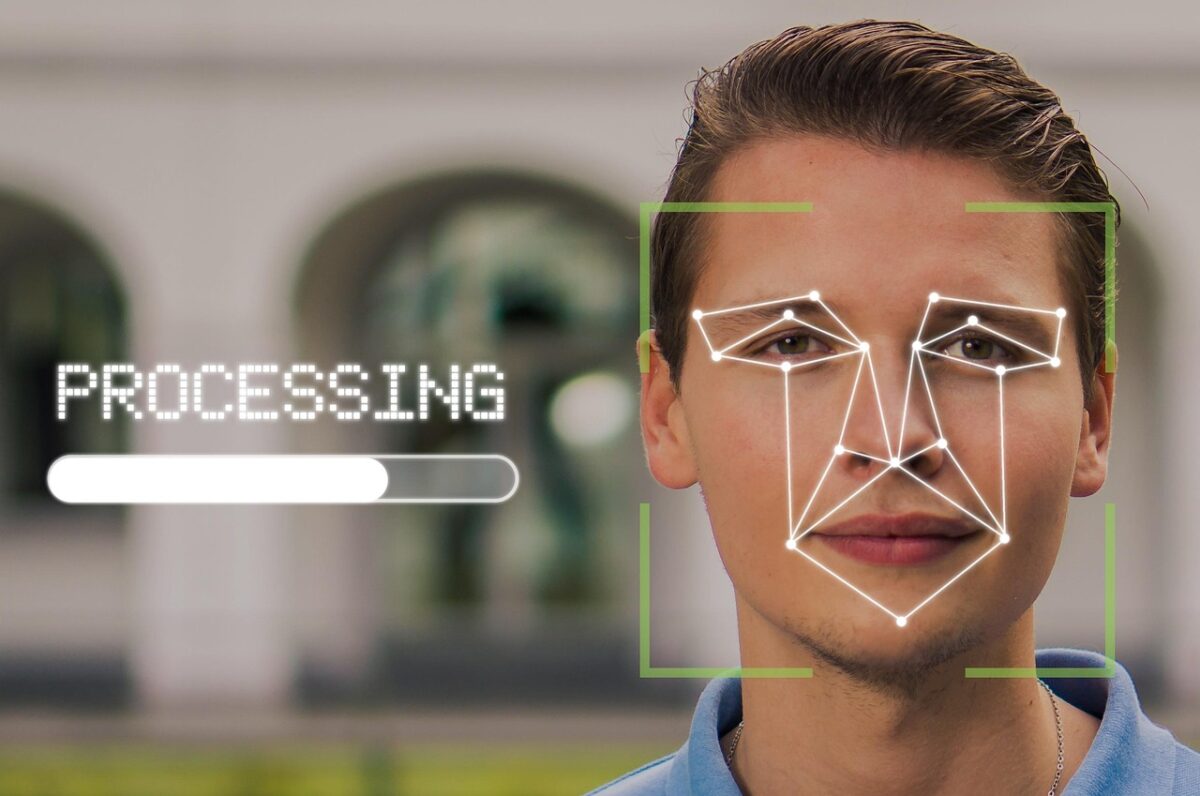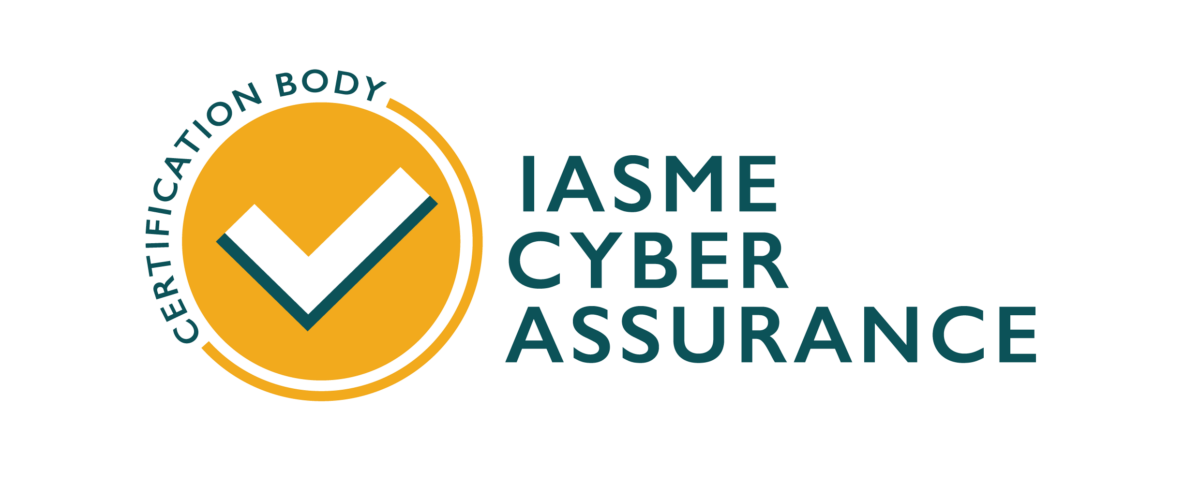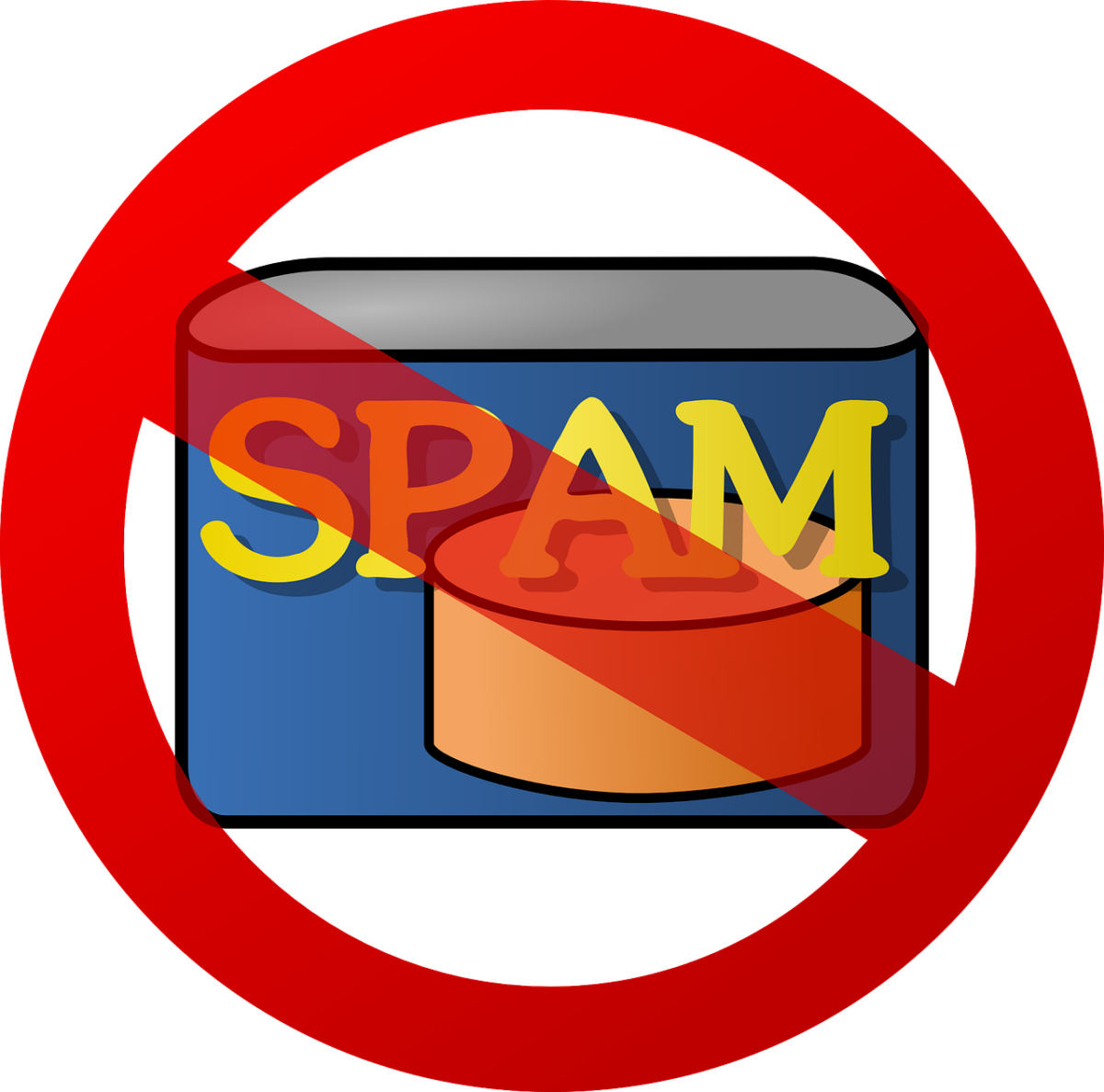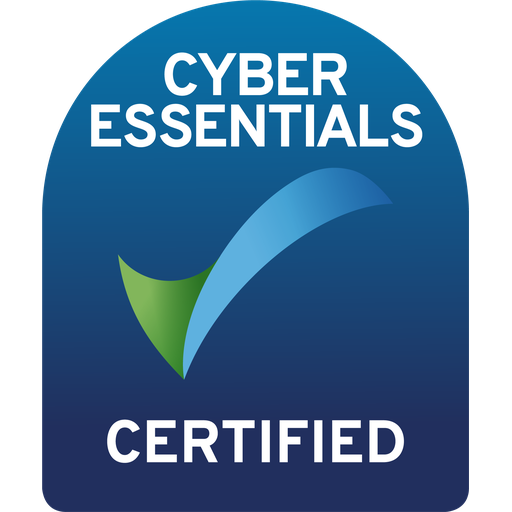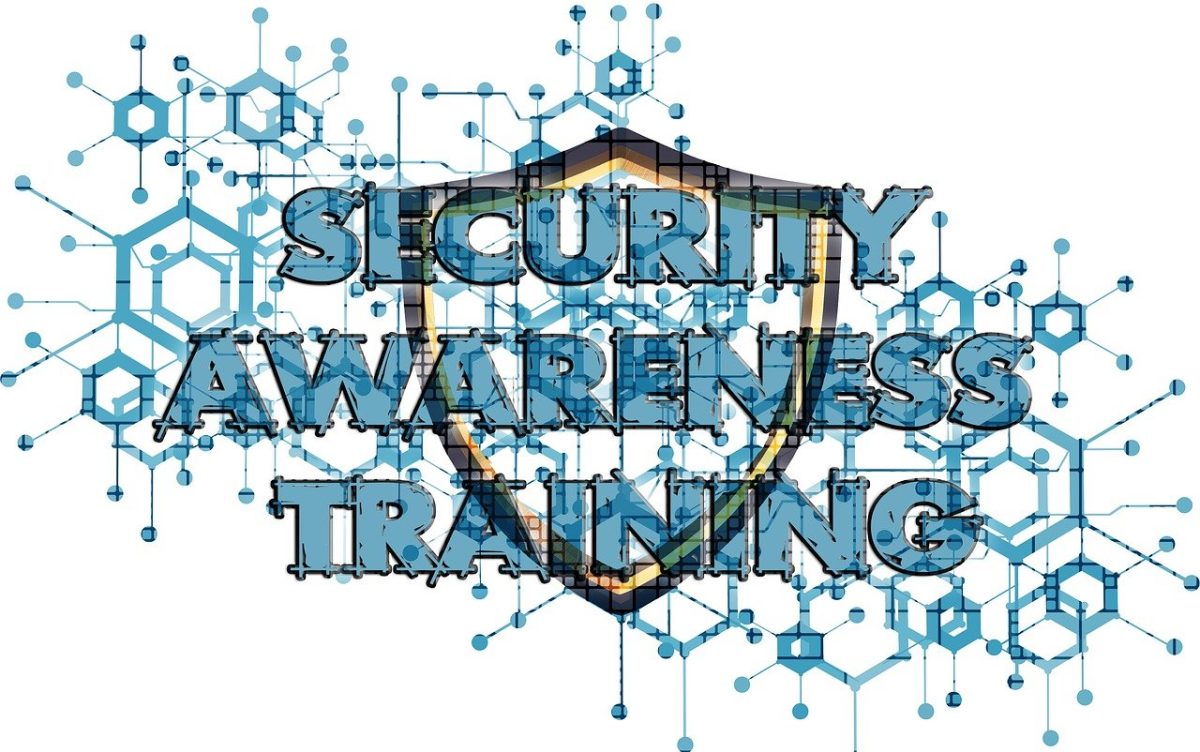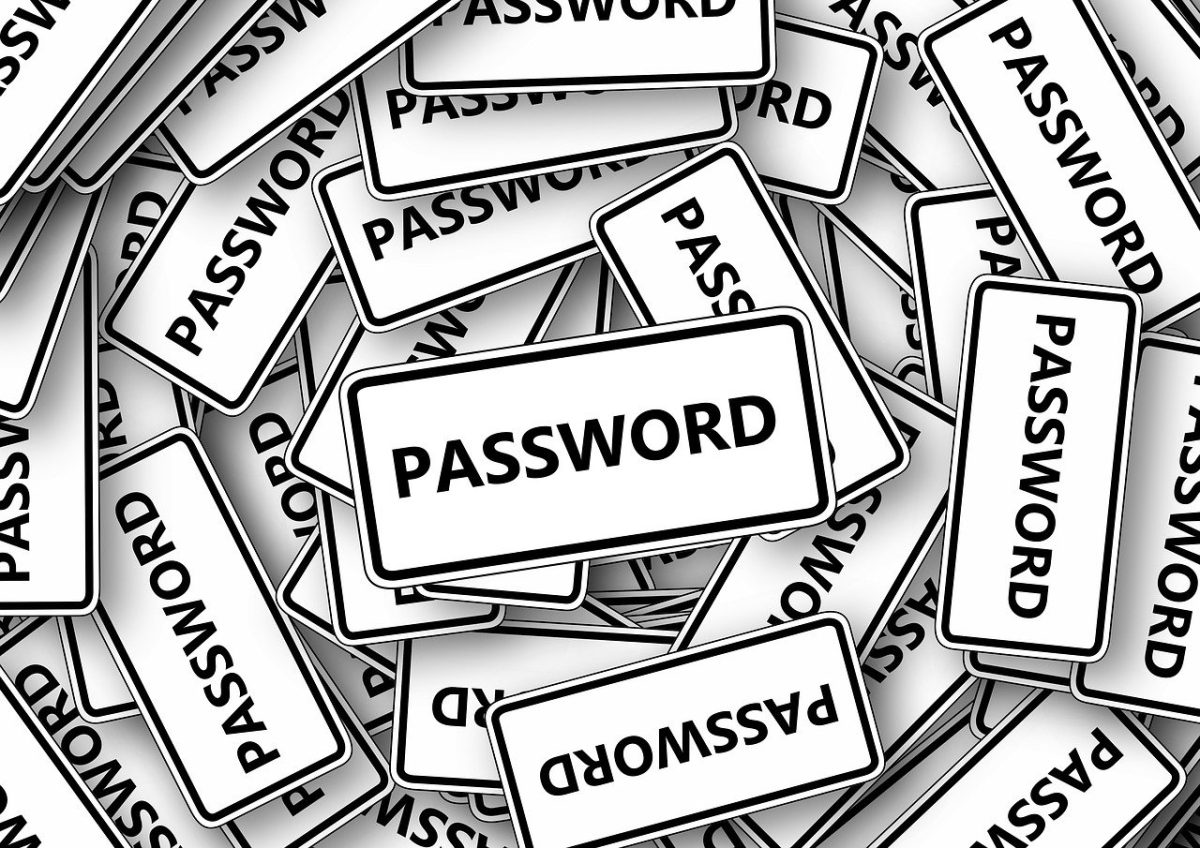What Fails Most Cyber Essentials Assessments — and How to Avoid It
Preparing for Cyber Essentials certification is one of the most effective ways to strengthen your organisation’s cybersecurity posture, but many businesses still fail to address avoidable issues. Recent assessment insights show that most failures stem from gaps in basic cyber hygiene rather than advanced threats.
The most common reason organisations fail is outdated or unsupported software. Assessors frequently discover end‑of‑life operating systems, unpatched routers, old browsers, and mobile devices that haven’t received security updates within the required 14‑day window. Even a single unsupported device can result in automatic failure because Cyber Essentials requires all critical updates to be applied promptly. Many teams simply aren’t aware that some systems are out of support, underscoring the importance of strong asset management and consistent cyber awareness.
Another major source of failure is misconfiguration and weak internal processes. Organisations often believe they are compliant, but vulnerability scans expose hidden issues, missing documentation, and poor evidence of patching or MFA enforcement. These gaps remain some of the most frequently cited pitfalls in audits.
From April 2026, Multi‑Factor Authentication (MFA) becomes even more critical. Where a cloud service offers MFA, and it is not enabled, the assessment will automatically fail—no exceptions. This reflects MFA’s role in preventing credential‑based attacks, especially as AI‑driven cyber threats escalate.
How to Avoid These Common Failures
- Keep a complete and current asset inventory
- Apply critical patches within 14 days
- Enable MFA on all cloud services
- Strengthen organisation‑wide cyber awareness
- Conduct pre‑assessment scans to identify misconfigurations early
How Fresh Mango Technologies Can Help
As qualified Cyber Essentials Assessors, Fresh Mango Technologies can guide you through every step of the certification process—from readiness checks to remediation support—ensuring you meet the latest requirements with confidence.

